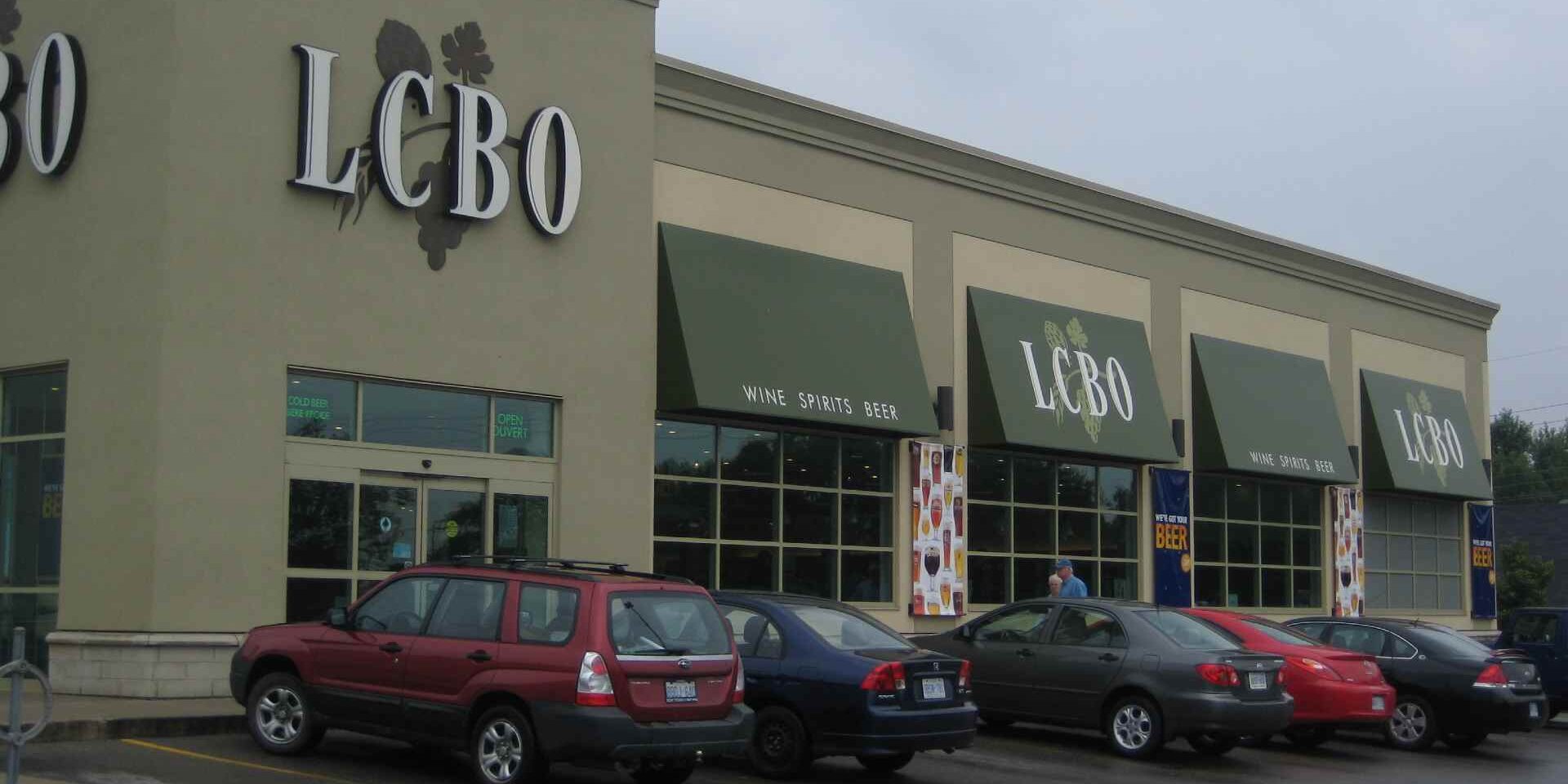Nothing contributes more to the affordability crisis than low-paying jobs.
Like so much this premier does, the basic animating force appears to be a zealous desire to privatize, to hand over ever more of our province to private interests, to further cannibalize Ontario’s strong tradition of public services and public enterprises that have served the province well. Ford is following the path of former Progressive Conservative premier Mike Harris, whose needless privatizations produced some disasters for Ontario.
The Liquor Control Board of Ontario (LCBO), a crown corporation, has been doing a fine job selling alcohol — not exactly a risky enterprise requiring a lot of innovation — through its 677 outlets across the province. And since it is publicly owned, its healthy annual profit — $2.5 billion in 2023 — goes into the public treasury, where it pays for things like health care and education. Ontarians have long seemed satisfied with this reasonable arrangement.
But business interests and the pro-business media have long been opposed. In an editorial this week, The Globe and Mail objected to the very existence of the LCBO, insisting that governments should raise revenue through taxes, not through competing with the private sector. Yet the Globe is quick to denounce any tax increase (certainly any tax increase that impacts corporations or rich people). Indeed, given the business community’s hostility to taxes, it would be quite a challenge to raise taxes enough to replace the $2.5 billion in revenue the government receives each year from the LCBO. Furthermore, it’s doubtful that Ontarians would want to pay higher taxes so that more profits from alcohol sales could go to highly-profitable grocery store chains.



The reason they’re doing this has nothing to do with fiscal responsibility.
It’s a sick combination of